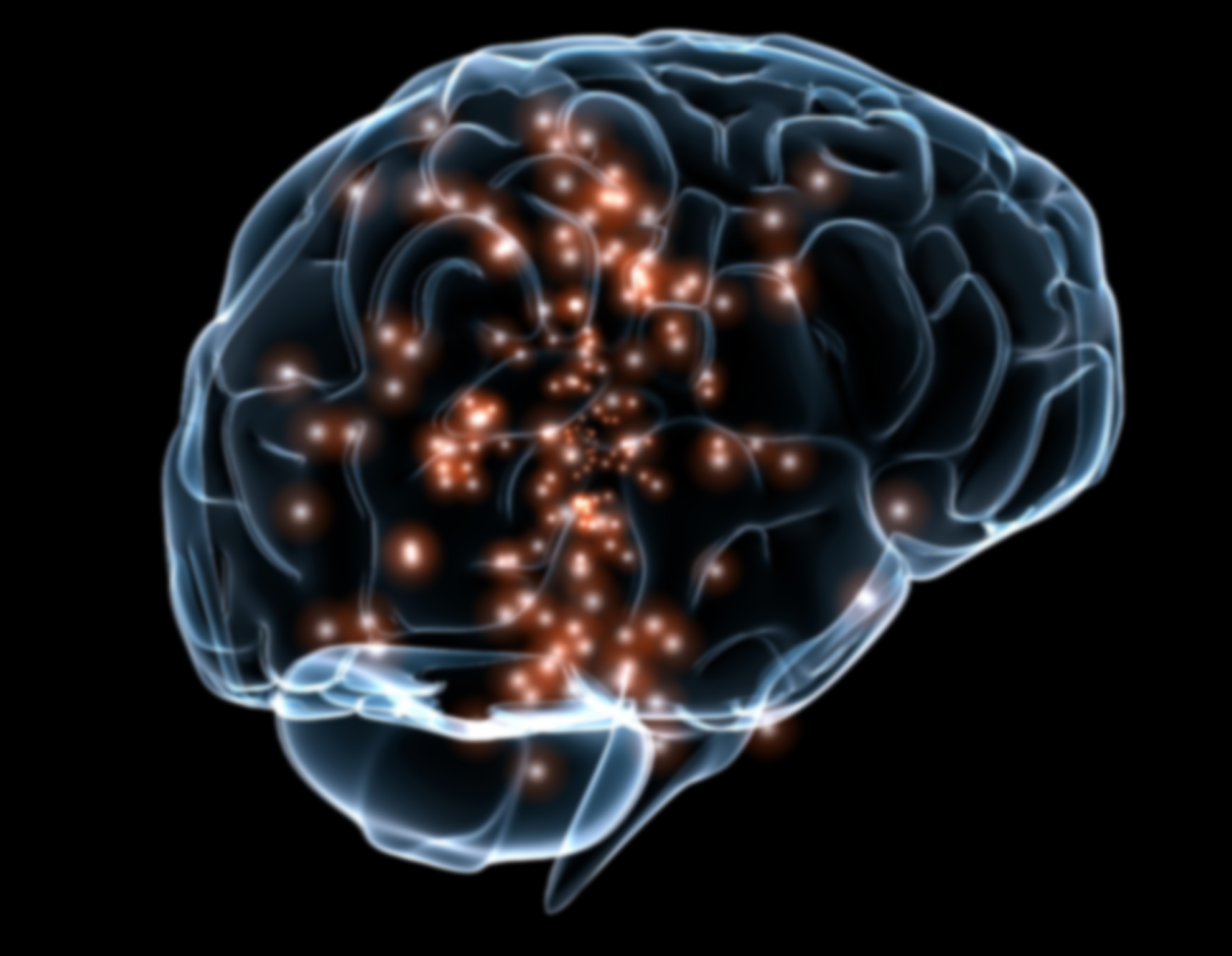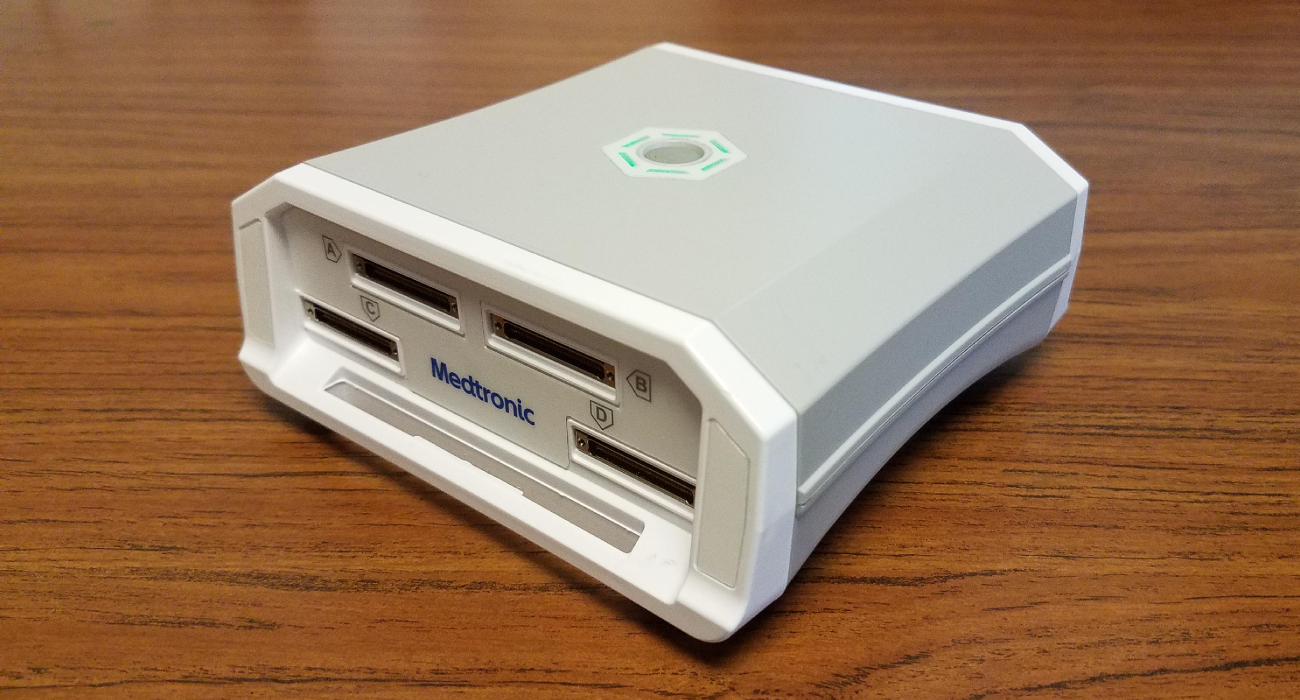
Research
Epilepsy
Approximately 3.4 million people in the US live with active epilepsy, 25% of which suffer from intractable (drug-resistant) seizures. Epilepsy can negatively impact one's safety, daily activities, and cognitive abilities. In the past, the ECoG lab has explored how surgery and deep brain stimulation could improve patient condition. Today, we are interested in how epilepsy affects memory and attention, the underlying mechanism of learning and how it is impaired in people with epilepsy, and ways of improving their quality of life through self-management.
Memory
Memory and the effect of epilepsy on memory performance have been topics of interest in the lab for some time. Past studies have looked at the effect of interictal epileptiform discharges in the hippocampus on working memory performance. Currently, we are collecting data for an experiment to investigate accelerated forgetting in a picture memory task.
Spatial Navigation
Spatial navigation tasks are often used in experimental neuroscience to investigate the mechanisms of learning and memory. These tasks also allow for insight into alterations in memory processes that occur in disease states. Working memory deficits have been shown previously in rodent models of early life seizures. One of our ongoing experiments tests whether patients with epilepsy demonstrate similar deficits in working memory in a virtual T-maze task.
Deep Brain Stimulation
Deep Brain Stimulation (DBS) is a procedure where deep neurological tissues are administered electrical impulses by a surgically implanted neurostimulator. Although more commonly used to treat Parkinson's disease, depression, and OCD, DBS is being investigated as a possible therapy for epilepsy. DBS and similar neuromodulators, such as Responsive Neurostimulation (RNS), are of interest to the lab for their potential to improve patients' memory. One ongoing experiment analyzes the change in memory-recall performance of patients when stimulated with an External Neurostimulator (ENS). Another study analyzes memory disruptions at event boundaries, such as walking through a doorway.
Attention
Attention is our ability focus and process specific information from our environment. Because attention is often impaired in people with epilepsy, another of the lab's interest is in studying the neural basis of attention. Working under ESPCoR, the goal is to not only develop a unified model of attention that applies across multiple domains, but also utilize such findings to enhance the lives of people with epilepsy.
Self-Management
Epilepsy self-management has been one of the goals of the ECoG lab to help patients strategize cost-effective ways cope with epilepsy. Our intention is to reduce the number of doctor visits, improve memory and attention, and increase patient happiness and quality of life.





